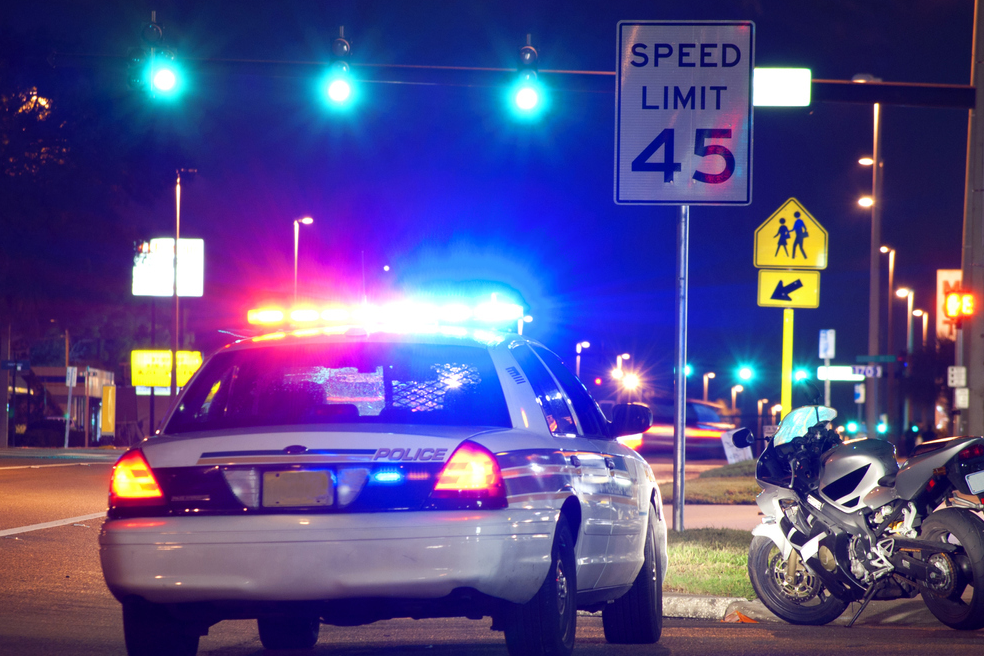There is More to an Ontario Speeding Ticket than Just the Fine.
A conviction for speeding in Ontario will always result in a court-imposed set fine, but Ontario drivers are often unaware of the external consequences in being found guilty of speeding. Upon conviction, the court imposes a monetary fine as both a general and specific deterrent, whereas after conviction, the Ministry of Transportation (MTO) imposes demerit points. Demerit points are non-negotiable when it comes to a particular convicted rate of speed when caught travelling above the legal limit.
The more demerit points an individual receives for a single incident, or multiple incidents, over a short period of time, creates a much higher level of risk in having your insurance premiums increased which, in turn, will affect you over a longer period of time.
What is Speeding?
Section 128 of the Ontario Highway Traffic Act creates the offence and penalties for a speeding ticket in Ontario. It’s definition is straight forward, an Ontario Driver cannot exceed the posted speed limit which is identifiable on Ontario roadways by way of a black and white sign with the maximum speed for that particular roadway. It is a misconception that drivers can travel in excess of the speed limit at a reasonable speed that deviates from the posted limit, for example, travelling 10 to 20 kilometres per hour over the posted limit. A limit is a limit.

What Are the Penalties for Speeding in Ontario?
In Court Penalty
Court-imposed penalties for varying speeding tickets are calculated by way of a set fine as prescribed by the Ontario Highway Traffic Act and can be calculated as follows :
Post-Conviction Consequences
Following an in court conviction for speeding, the Ontario Ministry of Transportation (MTO) will then impose the following demerit points:
Zero
The accumulation of too many demerit points over a short period of time can have a further impact on your Ontario Driver’s Licence. Not only do demerit points risk an increase to your monthly/yearly insurance premiums, which may be minor, major, or serious depending on the number of demerits acquired, but the acquisition of too many points may result in a licence suspension for a period of time starting at thirty (30) days.
Speeding Ticket Defences
A speeding ticket is issued by way of a Certificate of Offence and are classified as being offences of “Absolute Liability”. Pursuant the the ruling of the Supreme Court of Canada in the matter of R. v. Sault Ste. Marie, [1978] 2 S.C.R. 1299, Absolute Liability offences do not allow defendants to vindicate their behaviour by submitting they are free from fault or exercised diligence. When it come to these offences, and speeding specifically, the mere action, or “actus reus”, is sufficient to convict.
With that being said, while “due diligence” is not a defence to speeding, the following two defences do exist:
- Prove It – In a speeding ticket matter, it is the Crown prosecutor’s requirement to prove all essential elements of the offence beyond a reasonable doubt. As a result, this defence places the burden on the prosecution’s shoulders to establish and be cross-examined on the following:
- that the offence happened on a highway while the defendant was in operation of a motor vehicle;
- that technical issues such as date, time, jurisdiction, identity, etc. are appropriate according to the charging officer;
- with respect to radar or lasers, that a speed monitoring device was used and was in good working condition;
- that a qualified and trained radar operator used the device and tested it before and after enforcement to ensure its accuracy;
- that all applicable testing procedures were followed as prescribed by the manual for the speed monitoring device; and/or
- in the case of pacing, that the police vehicle’s speedometer is calibrated.
- Defence of Necessity – This defence can be difficult to argue and does not come without risks. In order to establish the defence of necessity, the defendant must first admit the rate of speed in which they have been charged but demonstrate that it was necessary in the circumstance to deviate from the posted speed limit as a result of reasonable pressures that would have resulted in imminent peril. A fear of death, if you will.
